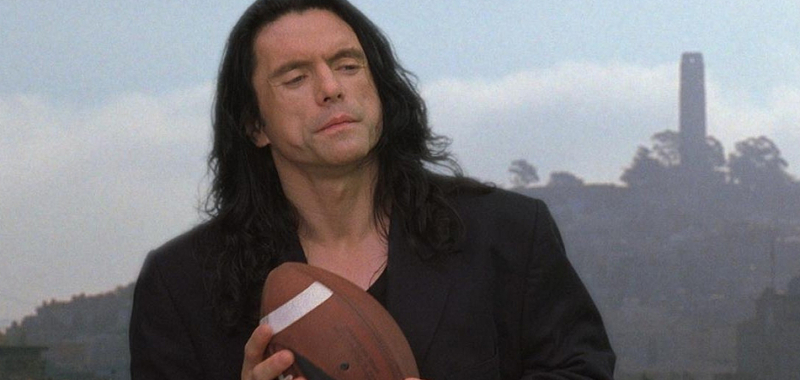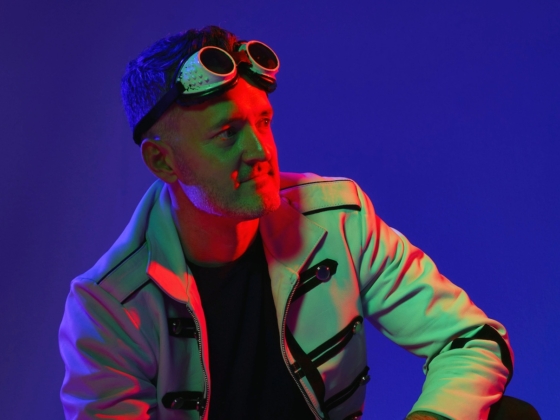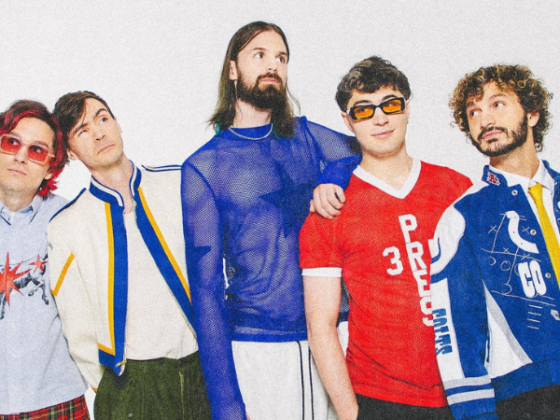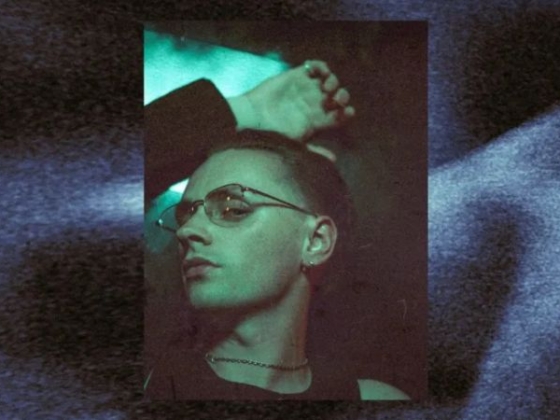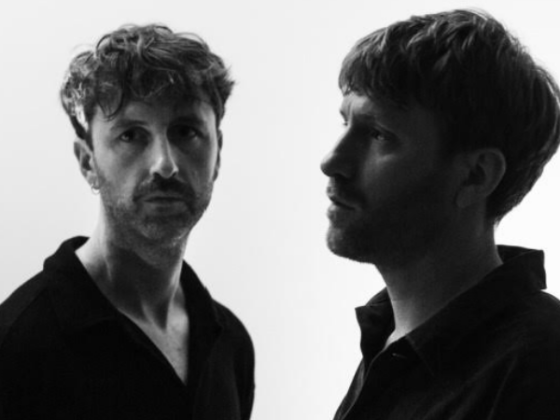At the top of the list of terrible films whose relevance past their shelf life lies The Room, arguably the most famous melodramatic romantic drama and unintentional comedy movie ever made. Tommy Wiseau gains credit for directing, producing, writing, and starring in The Room, and possibly for keeping up the film’s relevance to audiences old and new over the past 12 years through autobiographies, pop-up Urban Outfitters Spring Break appearances, and a James Franco and co.'s upcoming biographical film based on all of it.
The Room, while covering nearly every base that makes up a terrible film, differentiates itself in one area that other movies of its kind have as a saving grace: music. While that film, in particular, relied on a score to back its scenes of passionate romance and decadent turmoil, other movies deemed ‘the worst of all time’ feature more eclectic variety of soundtrack selections.
Movies which provide their own soundtracks filled with new music and original songs by the cast are some of the most tricky. The token main character in a film is a struggling artist with a secret voice of gold being portrayed by an actual successful and prominent real life musician is almost always pretty bad. But where plotline and acting fails, music can often save the day, creating something salvageable from the rubble of a box office bummer. Glitter, Honey, and Purple Rain all fit into this specific category of cinema and are all generally considered films that are not necessarily that great on paper.
Prince may have not fully convinced audiences to support a further acting career, but he did help create an iconic and Grammy-winning score for Purple Rain that helped keep the film that currently only holds a 68% approval rating on Rotten Tomatoes afloat, producing original songs that continue to get airplay and landing the spot of the third best-selling soundtrack album of all time. It’s hard to remember how cheesy the plot line to Purple Rain really is when you’re singing in the shower to its single of the same name, proving that a soundtrack can take an arguably just-ok film to a completely different level, including being placed #18 on Rolling Stone’s list of the top 500 albums of all time.
Whitney Houston’s famous stint in acting during 1992's The Bodyguard is also known for being one of the worst movies of its time was also saved by its soundtrack. ‘I Will Always Love You’ is one of the most famous songs of all time, and ‘I Run To You’ and ‘I Have Nothing’ were both nominated for Academy Awards, and the soundtrack is the number one best-selling of all time. The Bodyguard blessed audiences with an entire album filled with several of Houston’s best hits AND a track featuring Kenny G accompanies it, so clearly, we all forgot how awkward Houston and Kevin Costner's on screen romance really was.
2001’s Glitter, starring Mariah Carey, didn’t receive quite the soundtrack recognition of the music-based films that came before it. The soundtrack did as awful in the charts as the film did in the box office, breaking the stereotype of bad movies about fake pop stars producing great albums by actual popstars. While the soundtrack’s release date (September 11, 2001) and strange "TRL" mental breakdown definitely played a part in sales, critics still didn’t favour Carey’s direction with Glitter, and neither did anyone else. But like most iconically awful moments in film, Glitter still holds a special place in the hearts of thousands despite its accompanying album being described at ‘the pop equivalent of Chernobyl’ by a critic upon release. Revisited today, singles like ‘Loverboy’ and ‘Lead The Way’ are both very listenable, despite their unavailability for purchase or download on many music platforms, and most of what you find on the internet concerning the album is fan uploaded movie snippets, however, the cassette tape is available on Amazon for less than ten bucks.
Many bad movies not about made up musicians contain soundtracks filled with less original songs and rely on the already made music of others to help tell their terrible stories. The Twilight saga, a film trilogy even hated by the actors who participate in them, never failed to create wonderful playlists which exposed many teenagers to indie bands for the first time. Iron & Wine, OK Go, Grizzly Bear, Death Cab for Cutie, and Muse are all artists whose music ironically backs some of Twilight’s most iconic moments, and the franchise collectively created four albums stuffed with a healthy mix of alternative and folk gems. Standouts from the film’s first addition to the music world include ‘Full Moon’ by The Black Ghosts and Grammy nominated ‘Decode’ by Paramore, an impressive feat for a soundtrack which was originally a Hot Topic in-store exclusive.
Plenty of alright movies have blessed our ears with incredible soundtracks. Tron Legacy gave us a Daft Punk masterpiece in 2010, every Sofia Coppola movie with less than favorable reviews still provides selections of sound that are undeniably cool, and Garden State produced a Grammy-winning soundtrack in addition to thousands of new brooding young adults who listen to The Shins. It can be easy to forget that some of the worst movies of all time have great music behind them, or, that some of the best albums ever made were only created to accompany a universally criticized film. Either way, it seems that often times, music can be the saving grace for even the most extravagant box office disaster.

